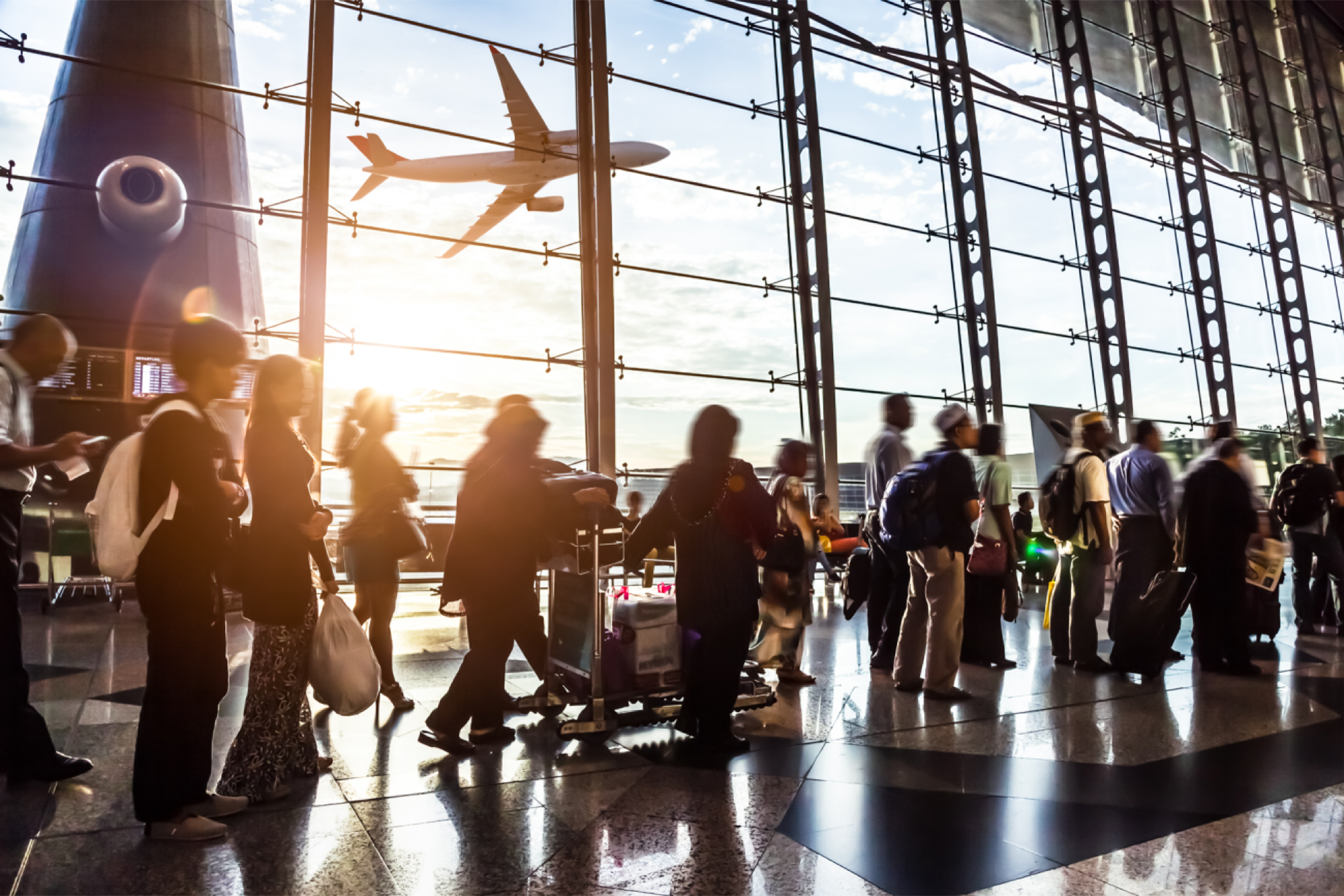Officials Put Expanded Laptop Ban on Hold That Could Have Cost Passengers Millions of Dollars in Lost Productivity The airline and tourism industries could have continued to take a significant hit as well.
By Nina Zipkin

Earlier this spring, the Department of Homeland Security issued a rule requiring people traveling to the United States from 10 airports in Muslim-majority countries to put electronics larger than a smartphone in checked baggage.
While the Trump Administration was reportedly weighing whether to expand the reach of that ban to flights to the United States out of Europe, officials have decided not to do so -- for now. Were it to go into effect, it could have potentially led to significant logistical and financial concerns for passengers and airlines.
Alexandre de Juniac, the head of the International Air Transport Association, told Bloomberg that he believes a more expansive ban could cost airline passengers more than $1 billion dollars.
Related: A Quick Explainer of the Laptop Ban for Some International Travelers
Specifically, the advocacy group is saying that it could cost passengers, especially those traveling for business, $655 million in lost productivity, $216 million for extended travel times and $195 million for renting a laptop or other device in flight.
The IATA isn't the only organization that thinks this way. The Institute for Corporate Productivity conducted a survey of 618 businesses about the ban, and 80 percent of the organizations polled said that it would "have a negative effect on workforce productivity and 70 percent said they disagreed with the rule.
Related: Trump Travel Ban, Even While Blocked, Casts Long Shadow Over Immigrant Entrepreneurs
In April, Emirates, whose routes are affected by the current ban, said that it would be reducing the number of flights it offers to the United States. In a statement, the airline told CNN, "Over the past three months, we have seen a significant deterioration in the booking profiles on all our U.S routes, across all travel segments."
In addition to impacting how the airlines do business, the ban could stand to affect United States tourism as well. For example, the U.S. Travel Association says that Britain, Germany and France spend $31 billion annually on tourism and air travel to the U.S.







